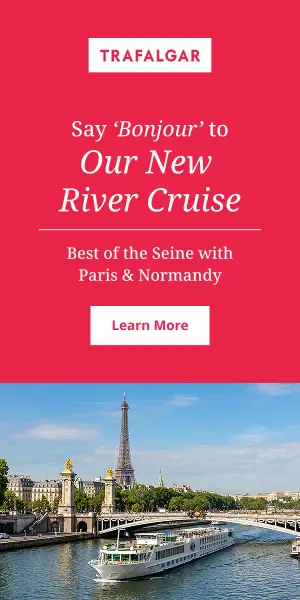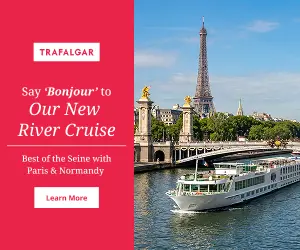Authentic Africa Safari Experiences Can Still Be Found
by Richard D’AmbrosioOne of the most talked about travel trends on the African continent is the growing tourism that is overcrowding safari experiences.
The Kenya Tourism Board reports that 730,000 people visited the country in the first nine months of 2016, up 16% from the same period in 2015, with American tourists making up the fastest-growing large market. Other popular African countries, like South Africa, report similar growth.
But agents willing to work a little harder still can find intimate and immersive experiences for clients in less traveled-to destinations. Countries like Botswana, Namibia and Zimbabwe, where the tourism infrastructure isn’t as developed, are growing interest.
“When people first call, what they know is east Africa or South Africa, Kenya,” said Courtney Beaver, owner of CTB Travel in Austin, TX. “They just watched ‘Out of Africa’ on DVD and they’re dreaming of the wide-open spaces. That’s when I really have to dig in to see what their expectations are and understand their budget. I try to tell them, ‘There are other destinations a little bit wilder, a little bit more authentic.’”
With a long history of specializing in Africa, Beaver believes Botswana has “the highest quality and lowest quantity of people and camps. It’s more remote and I think it has the best game and diversity of animals. Clients receive a more intimate viewing experience.” As a result, though, Botswana is more expensive and harder to get to.
“We will never be a mass tourism destination,” said Jillian Blackbeard, executive marketing manager for Botswana Tourism. The famous Okavango Delta is home to the most lodges in the country, but cannot support any new development, she said, so travelers looking for a more intimate wildlife experience flock there. As a result, reservations during the peak season (June-September) need to be made five to six months out.
Blackbeard said a new popular destination are the Gcwihaba Caves in the western reaches of the country. She called the remote region “totally pristine”— since they were only recently opened for tourism, and are located so far from Botswana’s main tourist destinations, “the tourism infrastructure is not fully developed there.”
Jody Cole, founder and FGASA L2 trails guide at Wild Rainbow African Safaris in Asheville, NC, has been heavily marketing Tanzania in the less busy September season and finding consumers very receptive. “It’s an iconic destination, in my opinion, simply because it is the home of the Serengeti,” she said. “And quite honestly the price is reasonable. The ridiculously crowded safari circuit is more manageable in September. Guests have a much more exclusive experience.”
Beaver also recommends Namibia, a lesser-known western nation on the Atlantic coastline. “You get desert lions there. The landscape is incredible, the Skeleton Coast. It’s a totally different way to look at a safari, with totally different game and not as much tourism.”
“Most first-time visitors want to see the highlights, but return visitors are obviously looking for new destinations and experiences,” said Andre Botha, sales and marketing director, Trans Africa Safaris. “Namibia is popular for return visitors and Zimbabwe is regaining popularity with new lodges in Hwange, Mana Pools and around Victoria Falls.”
Morocco is on the rise too. It has nonstop flights to Marakesh from Madrid and London, and “you really get a taste of the cultural difference from the west,” Beaver said.
Bucket list for a younger demographic
Beaver is seeing a growing number of younger travelers listing African safaris on their youthful bucket lists. “I’m getting more calls from people in their 20s and 30s,” she said, which is good for her repeat business. “Nine out of 10 times, if someone goes to Africa, they want to go back. It’s a place that gets into people’s skin. If they push back, I will combine South Africa with either Zimbabwe or Zambia.”
Cole agreed with that philosophy, especially for more private trips. “South Africa is always popular because you get both an awesome city experience in Cape Town and a bush experience. With the Wilderness Trail (itinerary), I took a risk that my guests would want to do something super-adventurous and it worked. The trail was literally five days of backpacking in pristine northern Kruger wilderness. Everyone followed up the trip with either a trip to Cape Town or more safari south in the park. I will do it again this year.”
Beaver recalled a customer who just the other day asked about a spring trip, “maybe to Asia.” She suggested Africa instead, noting that it can be easier to get to than Asia, with direct service to Johannesburg from Atlanta and New York.
Cole serves primarily the LGBT consumer, a market she said “is growing by leaps and bounds. And South African Tourism has spent a lot of money marketing to the LGBT market.”






















